Ancient Genetic Variants and Modern Pollutants in Endometriosis Risk
Researchers are increasingly examining how genetic susceptibility interacts with modern environmental pollutants to influence the development of endometriosis. In a new study published in the European Journal of Human Genetics, a team led by Dr.A.Mantzouratou investigated whether inherited regulatory variants may…
Key Points Lay SummaryStudy Sheds Light on How Parabens and Benzophenones May Be Linked to Endometriosis
Exposure to parabens and benzophenones may be linked to the altered expression profile of genes involved in cellular pathways associated with the development of endometriosis, according to a new study published in the International Journal of Molecular Sciences. “Given the…
Key Points Lay SummaryLifestyle and Environmental Factors in Endometriosis: Current Insights and Future Directions
Endometriosis-associated symptoms such as dysmenorrhea, dyspareunia, chronic pelvic pain have an effect to diminish the quality of life. The physical and mental quality of life of these women is adversely affected. There are several studies evaluating the quality of life…
Key Points Lay SummaryA Key Modulator of Natural Killer Cell Dysfunction in Endometriosis: Soluble MICA
In a study published in the American Journal of the Reproductive Immunology, Abrao et al. investigated the potential effect of MHC Class I related MICA molecules at the pathogenesis of the endometriosis. This study highlights a novel role of soluble MICA (sMICA) in endometriosis, showing…
Key Points Lay SummaryEndometriosis in Asia
Academicians from the University of Philippines led by Dr. Velarde have published a recent review on endometriosis and Asian women in the scientific periodical “Endocrine Connections”. The endometriosis prevalence rate is variable among ethnicities, and Asian women including Filipinos, Indians, Japanese,…
Key Points Lay SummaryHazardous substances in pollution and relationship with endometriosis.
Vallée and colleguages. from the Department of Epidemiology and Public Health of Foch Hospital, France, recently published a narrative review about environmental pollution and its association with endometriosis in BJOG. They used the existing English literature to discuss the association…
Key Points Lay SummaryPlanning surgery for recto-sigmoid endometriosis with 3D virtual models.
Efforts to reduce the high complication rate of rectosigmoid surgery in deeply infiltrated endometriosis are of great interest to gynecologists. 3D printing, currently used in various surgical specialties to support surgical planning and guide intraoperative procedures may be a way…
Key Points Lay SummaryEnvorinmental metals harmful for female reproductivity
Heavy metals exposure in a wide range of ways is one of the main causes of increased infertility. According to the 2003 National Health Survey, nearly every pregnant woman in the USA is exposed to at least 43 hazardous chemicals…
Key Points Lay SummaryEnvironmental factors play a role in the development of endometriosis
The proposed mechanisms underlying the development of endometriosis may be classified into three groups: in-situ theory, implantation theories, and induction theories. Genetic, hormonal, environmental, and lifestyle-related factors are also involved as no mechanism is solely responsible for endometriosis development. Although there are…
Key Points Lay SummaryHow to unveil the discrepancy regarding the effect of chemicals on the etiology of endometriosis
Kristen Upson from Michigan State University published a review article evaluating research papers on environmental factors effective in endometriosis from an epidemiological perspective in "Current Epidemiology Reports". Endometriosis is a multifactorial disease with anatomical, hormonal, immunological, estrogenic, genetic, epigenetic, and…
Key Points Lay SummaryPhytotherapy as an alternative endometriosis treatment
Endometriosis is an estrogen-dependent gynecological disease that affects 5–10% of women in fertile age. Different therapeutic strategies are available to treat this disease, such as surgery, hormonal therapies, and nonsteroidal anti-inflammatory drugs. Medical therapy usually consists of different hormonal drugs,…
Key Points Lay SummaryEndocrine-disrupting chemicals – yet another environmental factor associated with endometriosis?
This study by Wen et al., published in Gynecological Endocrinology, analyzed evidence connecting endocrine-disrupting chemicals (EDCs) to the incidence of endometriosis in a collection of 30 previously published studies. Results show that exposure to many EDC's are linked to the…
Key Points Lay SummaryCrocin improves endometriosis
Crocin is a carotenoid chemical compound in the flowers crocus and gardenia. It is one of the most important gradients in saffron. Previous studies showed that crocin may have multiple pharmacological effects including anti-tumor, anti-oxidant and anti-inflammation. There are several…
Key Points Lay SummaryPresumed molecular mechanisms for herbal medicinal therapies in endometriosis
Pharmaceutical agents for the management of endometriosis are associated with side effects and are not completely effective. In regard to this, Bina and associates from Tehran University of Medical Sciences have reviewed extensively the literature for herbal remedies. Herbal medicinal products…
Key Points Lay SummaryCoumarin based compounds found to inhibit the estradiol synthesis pathway
Endometriosis is a disease characterized by ectopic endometrial tissue outside the endometrium. Several biochemical and molecular pathways have been researched and used to alleviate endometriosis symptoms by inhibiting key molecules involved in the menstrual cycle. This review paper by Niinivehmas…
Key Points Lay Summary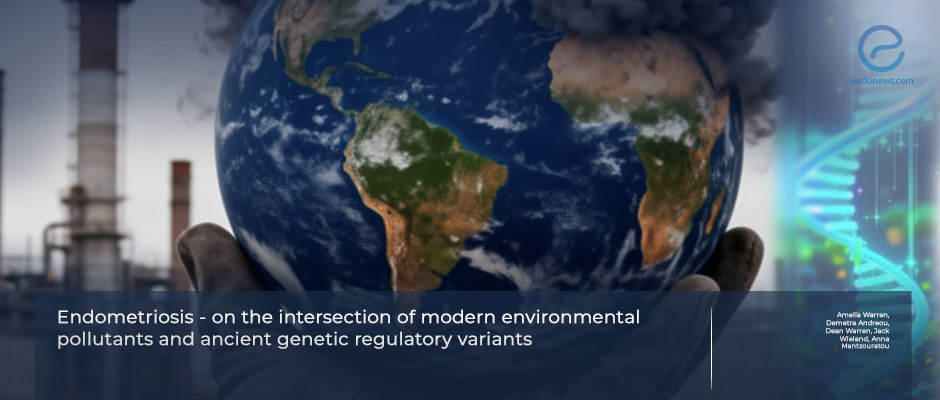
 By Selma Oransay
By Selma Oransay
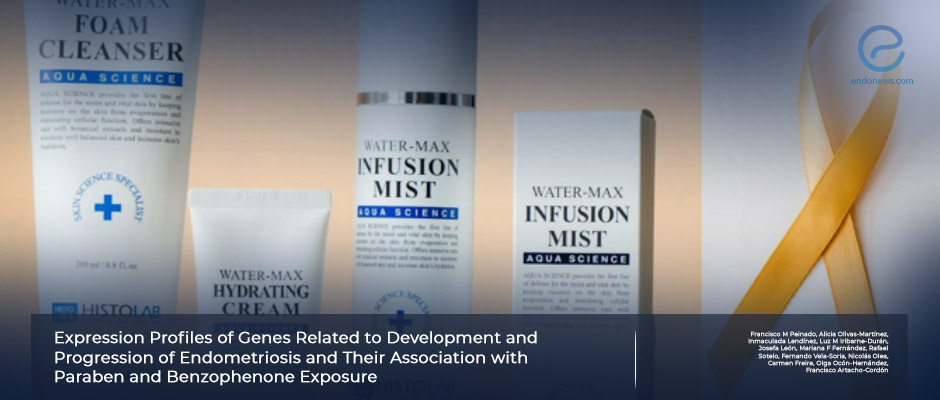
 By Özge Özkaya
By Özge Özkaya
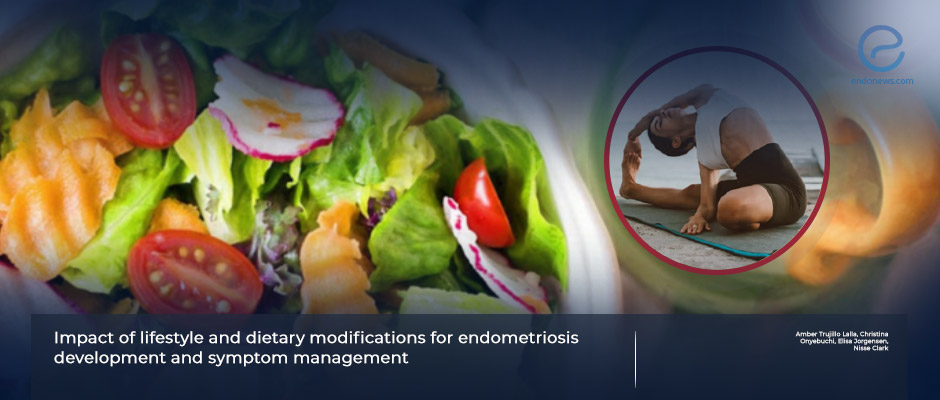
 By Hale Goksever Celik
By Hale Goksever Celik
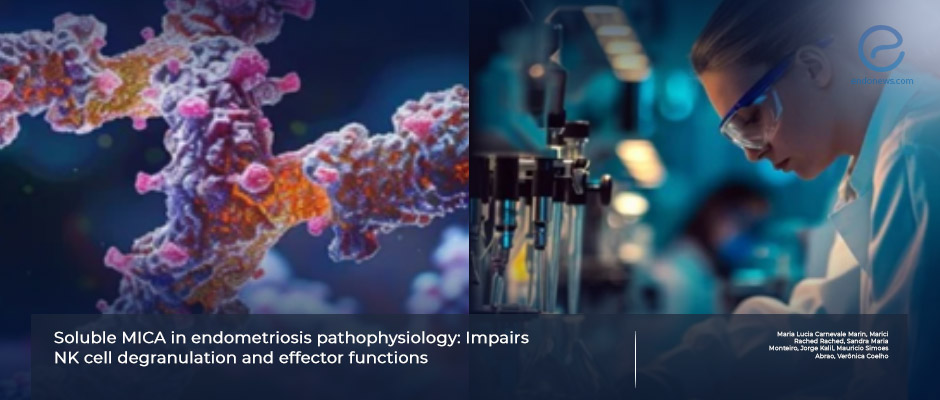

 By Nasuhi Engin Aydin
By Nasuhi Engin Aydin






 By Dr. Youngran Park
By Dr. Youngran Park

 By Demet Candaş Green
By Demet Candaş Green
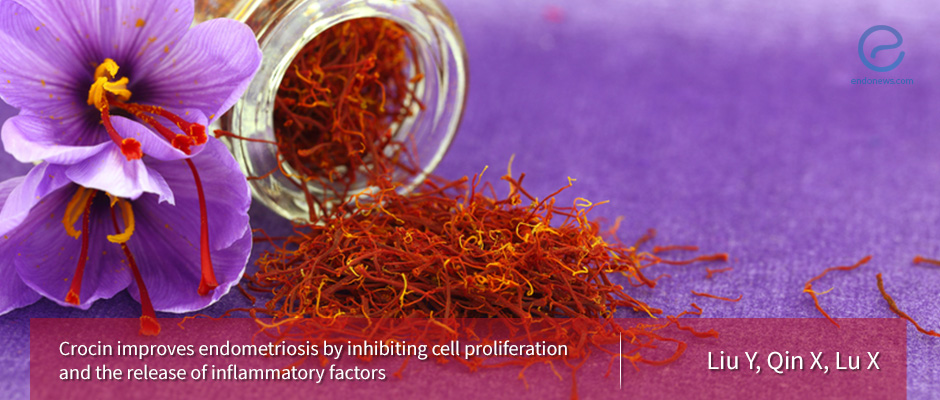
 By Yu Yu
By Yu Yu


 By Murat Osman
By Murat Osman